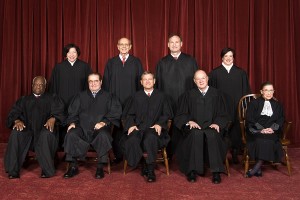Christian College Risks Accreditation Over Biblical Standards
Gordon College in Massachusetts is facing pressure from its accreditation board over the college’s biblical standards concerning sexual activity by students.
Gordon is a Christian college who lists same-sex activity alongside other forms of forbidden student conduct. However, the New England Association of Schools and Colleges is investigating whether Gordon has violated the Association’s standards for accreditation in doing so.
John Stonestreet with the Chuck Colson Center for Christian Worldview writes,
“In late September, the higher education committee of the New England Association of Schools and Colleges, the body that accredits Gordon, met to consider whether Gordon’s inclusion of homosexual acts as a ‘forbidden practice’ ran afoul of the Association’s standards for accreditation. Note that the Gordon statement requires all students to adhere to sexual behavior standards. There’s no singling out of same-sex attracted folks, nor are there any prohibitions against admitting students with same-sex attraction. The stance has to do with sexual behavior, which falls in line with two millennia of Christian teaching.”
According to Stonestreet, Gordon College has one year to prepare a report for the Association defending the college’s policies.
Gordon is, essentially, being accused of discrimination even though all it is doing is proscribing standards of Christian conduct for its students. The implications of this situation are significant. If a college is free to profess a religious basis, but risks its accreditation by insisting its students adhere to some basic tenets of that religion, that’s a problem.
Stonestreet has prepared an excellent commentary on this situation and similar cases. You can listen to it below or read it here.
[audio:http://bit.ly/Zt3Y88|titles=John Stonestreet – The Jealous God of Tolerance]

 Family Council has published
Family Council has published